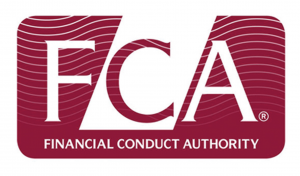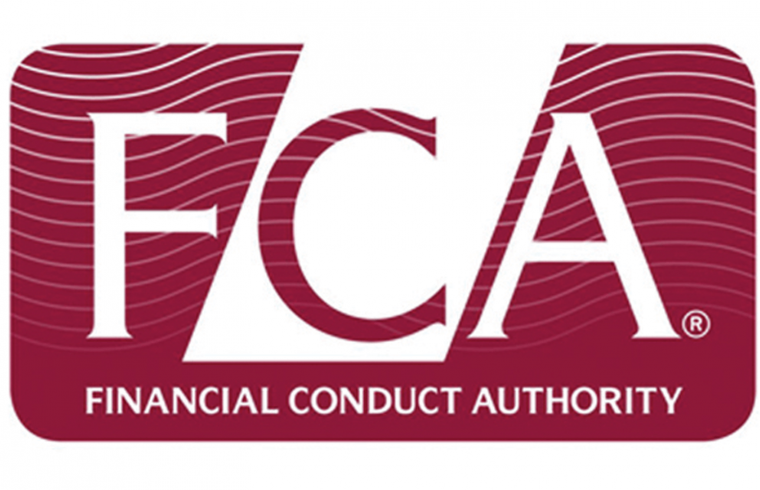 The Financial Conduct Authority (FCA) has today published the complaints figures for regulated firms for the second half of 2018. FCA Data Show, During the second half of 2018 (2018 H2), complaints decreased by 5%, falling from 4.13m to 3.91m. This is the first time the number of complaints has fallen since firms were required to change the way they report complaints, in 2016. 3,181 firms reported receiving one or more complaints during 2018 H2, with 231 of these firms reporting 500 or more. These firms accounted for almost 98% of all complaints reported.
The Financial Conduct Authority (FCA) has today published the complaints figures for regulated firms for the second half of 2018. FCA Data Show, During the second half of 2018 (2018 H2), complaints decreased by 5%, falling from 4.13m to 3.91m. This is the first time the number of complaints has fallen since firms were required to change the way they report complaints, in 2016. 3,181 firms reported receiving one or more complaints during 2018 H2, with 231 of these firms reporting 500 or more. These firms accounted for almost 98% of all complaints reported.
PPI continued to be the most complained about product, making up 40% of all complaints. This, however, was a decrease of 8% from 1.72m in 2018 H1 to 1.58m in 2018 H2. There was a change in reporting which allowed firms to exclude from their complaints return any PPI complaints where it was established that the complainant had not purchased a PPI policy from the firm.
Excluding PPI, total complaints decreased from 2.41m to 2.33m over 2018. While remaining the second most complained about product, current accounts complaints decreased by 13% over the half-year. By contrast, credit cards, the third most complained about product, saw an increase of 10%.

The proportion of complaints closed by firms within 3 days rose to 37% compared to 35% in 2018 H1; those closed within 8 weeks rose from 92% to 95%. There was also an increased proportion of PPI complaints that firms closed within 8 weeks, from 89% to 97%. This shows that firms dealt with PPI complaints more quickly on average than in 2018 H1.
Christopher Woolard, Executive Director of Strategy and Competition said:
‘It is encouraging to see that complaint figures have dropped and firms are dealing with complaints more quickly.
‘We expect firms to continue to focus on ensuring their customers are well served and that they respond quickly where consumers complain.’












